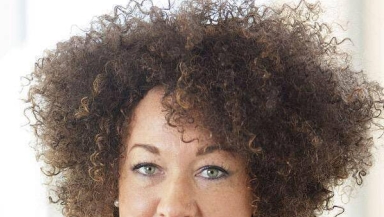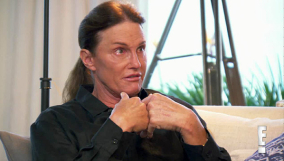
A white civil rights campaigner who pretended to be black yesterday resigned her position as president of her local branch of the National Association for the advancement of Colored People (NAACP).
Rachel Dolezal's parents, who are white, last week claimed that she had been posing as black after a journalist asked Dolezal in a video interview about her parents and their race.
In a letter to the NAACP executive committee and members posted on her Facebook page that announced her resignation yesterday, she wrote: "Please know I will never stop fighting for human...because this is not about me. It's about justice."
Dolezal, who became president of the NAACP in Spokane, Washington last year, made no apology in the letter for misleading people about her racial background.
Instead she said that that although there are pressing issues such as police brutality and economic disenfranchisement on the basis of race, people were choosing to focus on her personal identity.
"I have waited in deference while others expressed their feelings, beliefs, confusions and even conclusions - absent the full story," she wrote.
"I am consistently committed to empowering marginalized voices and believe that many individuals have been heard in the last hours and days that would not otherwise have had a platform to weigh in on this important discussion."
Dolezal is an artist, lectures on African-American culture at Eastern Washington University and is an advisor for the NIC Black Students Association.
According to her parents, she has associated more with the African-American community since 2007. She claimed to have a black father and gained custody of an adopted a younger brother, who is black, who posed as her son. She also made accusations of race hate crimes against her for being black.
But yesterday it also emerged that in 2002 she had sued Howard University, a traditionally black institution, for racial discrimination in failing to give her a job on the basis of her race and gender, CNN reports.
The national president of the NAACP Cornell William Brooks, told CNN: "Our members who looked up to her, appreciated her leadership, are pained, very disappointed," he said, adding that it was a distraction from the work they were trying to do.
"The NAACP is not concerned with the racial identity of our leadership but the institutional integrity of our advocacy. Our focus must be on issues not individuals."














